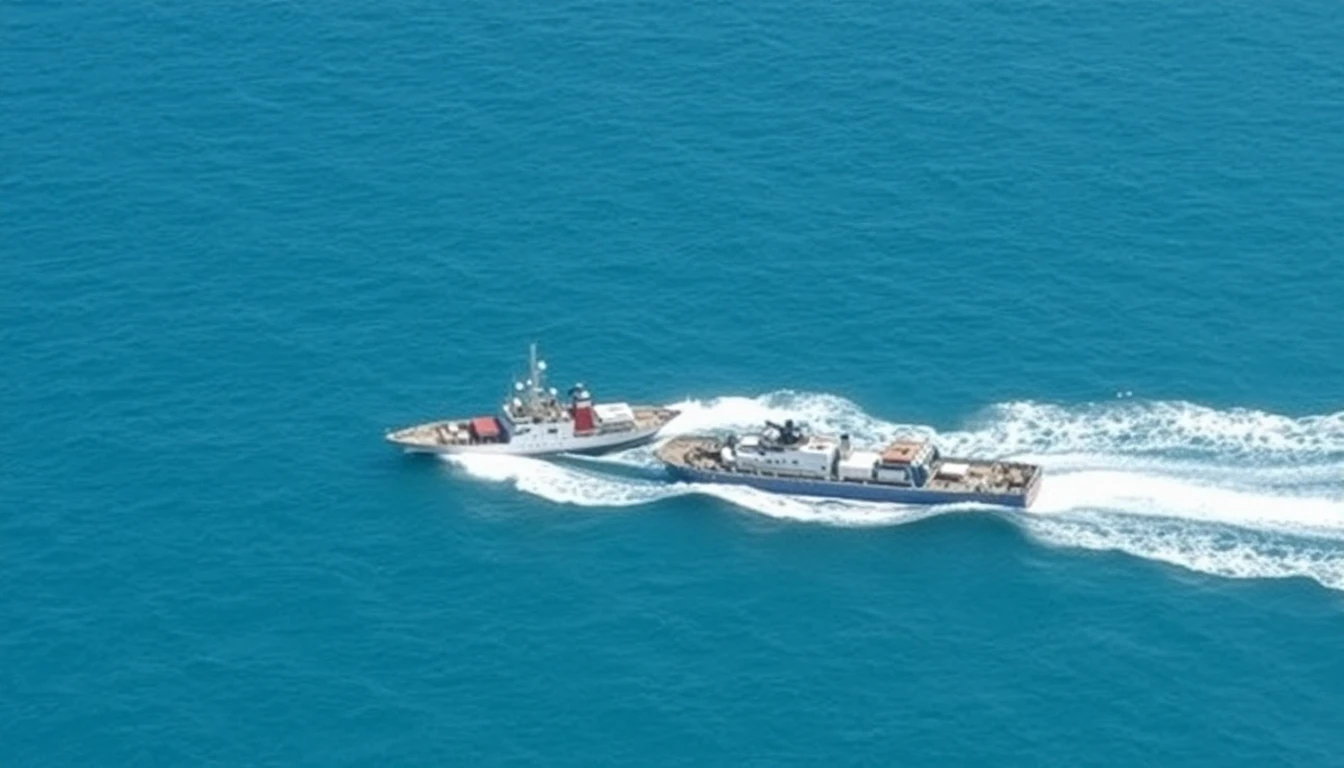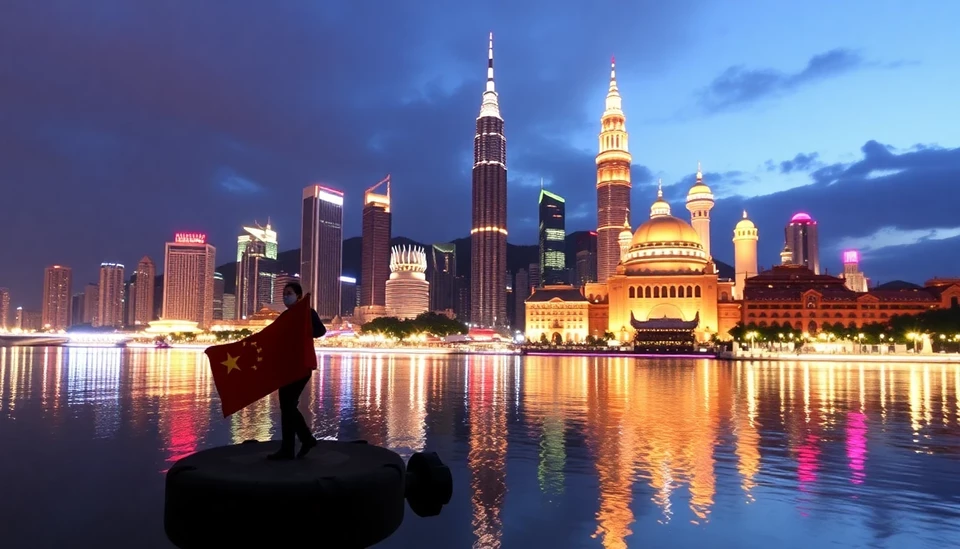
Malaysia has, however, been gearing up with added intensity in the disputed South China Sea, ignoring the continued pressure from China. The southeastern nation increasingly is raising the stakes in its oil and gas exploration activities in asserting claims on parts of the sea that both nations say belong to them.
The Malaysian government has approved plans for increased exploration and development in the contested waters - a firm stance, so it sees it, against what it views as Chinese encroachment. These efforts are fronted by state energy company Petronas, forging ahead with projects despite the risk of confrontation with China's formidable maritime forces.
Experts say that this may portend more standoffs between Malaysian and Chinese naval vessels. Over the past few years, the South China Sea has been the flashpoint of geopolitical strife with China, Malaysia, Vietnam, the Philippines, Taiwan, and Brunei-all pressing overlapping claims over parts of the region valuable for its natural resources and strategic military position.
Malaysia's moves come as international attention increasingly zeroes in on the South China Sea, a vital maritime corridor through which a large portion of the world's trade passes. The strategic value of the region has only increased with time, drawing in outside powers like the United States, which has been carrying out freedom-of-navigation operations to challenge what it sees as excessive Chinese claims.
Facing the expansion of Malaysia's activities, China reaffirmed the "indisputable sovereignty" over the South China Sea and strongly opposed any unilateral action that might affect the status quo in the region. Chinese state media have also become increasingly strident in their rhetoric, recently describing Malaysia as "provocative.".
But Malaysia seems undeterred by such an ominous prospect of a possible diplomatic fallout. For one, officials say that under international maritime law-the UNCLOS in particular-the country is entitled to explore and exploit the resources in its so-called exclusive economic zone, or EEZ. They said Malaysia was just exercising its sovereign rights-not provoking China.
All these developments are being watched very carefully by the international community. While there may be some sympathy for the Malaysian stance, other nations are concerned that this increased activity in the area could lead to a wider conflict and destabilize the oft-turbulent region. The disputes continue to make contested waters, as diplomatic efforts through multilateral dialogues have not yet produced significant breakthroughs in the resolution of disputes.
Malaysia presses ahead, but in which direction this journey is going, nobody knows. What is certain, though, is that with each country charting its own course through a maze of claims and counterclaims and power politics, stakes in the South China Sea have never been higher. The world will be watching closely to see how this intricate geopolitical puzzle unfolds.
#Malaysia #SouthChinaSea #China #TerritorialDispute #Petronas #UNCLOS #MaritimeLaw #Geopolitics #TradeRoutes #Diplomacy
Author: Rachel Greene




